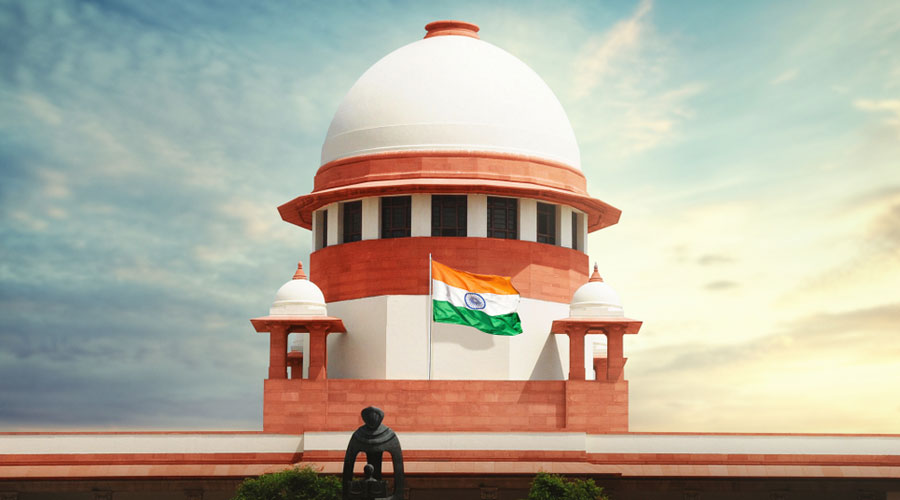The Supreme Court has held that the statement of a witness, including answers made during cross-examination, must be recorded on the same day or the next without any ground for adjournment.
The apex court, which was hearing two pleas seeking quashing of bail granted by Allahabad High Court to two persons in a murder case, was informed that it took almost three months to conclude the recording of the statement of one of the prosecution witnesses.
“The mandate of law itself postulates that examination-in-chief followed with cross-examination is to be recorded either on the same day or on the day following,” a bench of Justices Ajay Rastogi and C.T. Ravikumar said.
“In other words, there should not be any ground for adjournment in recording the examination-in-chief/ cross-examination of the prosecution witness, as the case may be,” the top court said in its order on September 30.
The high court, in its two orders passed in February and March, had granted bail to the two persons in connection with the case lodged at Bhadohi district of Uttar Pradesh for the alleged offences, including that of murder.
During the hearing before the Supreme Court, the bench was informed that there were three eyewitnesses, according to the list of witnesses, and the chargesheet had been filed.
The bench was also told that the statement of one of the prosecution witnesses had been recorded and it took almost three months to conclude.
It was apprised that as far as the statement of another prosecution witness was concerned, part of the examination-in-chief was recorded on September 21 and, despite a request, the mandate of Section 309 of the CrPC was not being followed, which had been considered by the apex court in a judgment delivered in 2014.
Section 309 of the CrPC deals with the power to postpone or adjourn proceedings.











